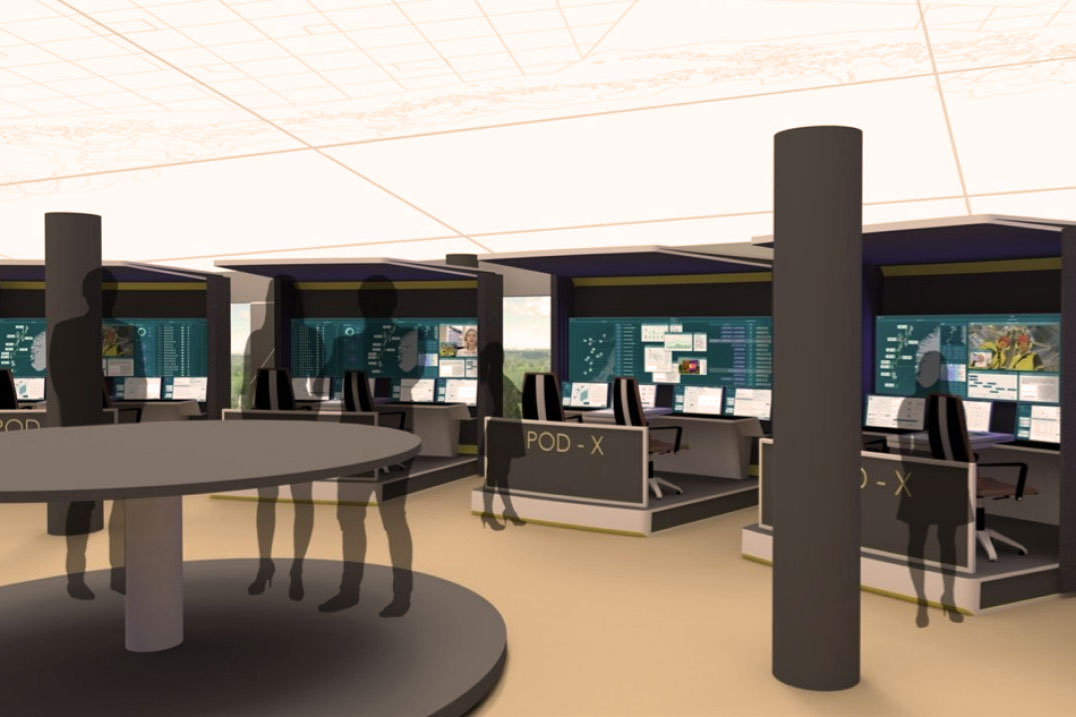Joint offshore digitalisation
An integrated operations support centre and a drilling operations centre will help reach Statoil’s ambition of increasing value creation from operated fields in Norway. The investment in these new centres will be more than 2 billion USD from 2020 to 2025 before tax.
Established in Bergen, the centres will be connected stepwise to all Statoil installations on the Norwegian continental shelf (NCS), starting this year.
“The possibilities provided by digitalisation will change our industry and the way we work and create higher value for us and society. The centres are good examples of how we keep applying digital technology to work smarter, safer and more efficiently,” says Statoil’s Chief Operating Officer (COO) Jannicke Nilsson.
Up to 2020, Statoil plans to invest in the range of 1-2 billion kroner in digital technology to create higher value and improve operations.
The two new centres will help improve production efficiency and production potential on the NCS. In December, Statoil also opened an operations support centre in the USA, that is currently monitoring the company’s over 1100 onshore wells.
“Digital technology contributes to continuous operational improvements on our existing fields. In new field developments oil and gas production will to an increasing extent be carried out from unmanned, robotised, standardised and remote-controlled installations. Many operations will be carried out by fewer risk-exposed working situations. We will be able to control the maintenance work in a better way and improve safety and operational quality,” says Nilsson.
Solving problems before they arise
The integrated operations support centre (IOC) will enable more proactive decision-making support.
“Through interdisciplinary collaboration and better utilisation of operating data and digital technologies, the centre will make improvements for operation and maintenance work on the platforms. Our main goal is to operate our installations safely and optimally every single day, and to identify challenges and prevent shut-down before they occur,” says Kjetil Hove, Head of Operations Technology on the NCS.
Building on existing condition monitoring and specialist centres in Norway, the IOC centre will further strengthen interaction between offshore and onshore, and Statoil’s interaction with suppliers and partners.
“The centre will help us pursue our improvement work to produce as much as possible in a safe and efficient manner,” says Hove.
The centre is scheduled to open after the summer season, and gradually support all Statoil-operated fields and installations on the NCS. The first fields to be connected are Gina Krog and Grane in the North Sea as well as Åsgard in the Norwegian Sea.
Drilling operations supported by land-based geoscientists
The other centre to be established will offer more cost-effective and better geoscience support of drilling operations, as monitoring and control of offshore well path drilling will be moved from offshore installations to a joint geoscience operations centre.
The centre will enhance personnel safety and cost saving as a result of reduced need for transport and offshore stays. Safety during drilling is maintained and strengthened by access to qualified personnel at the centre around the clock. This centre will be ready to support its first operations already this autumn.







